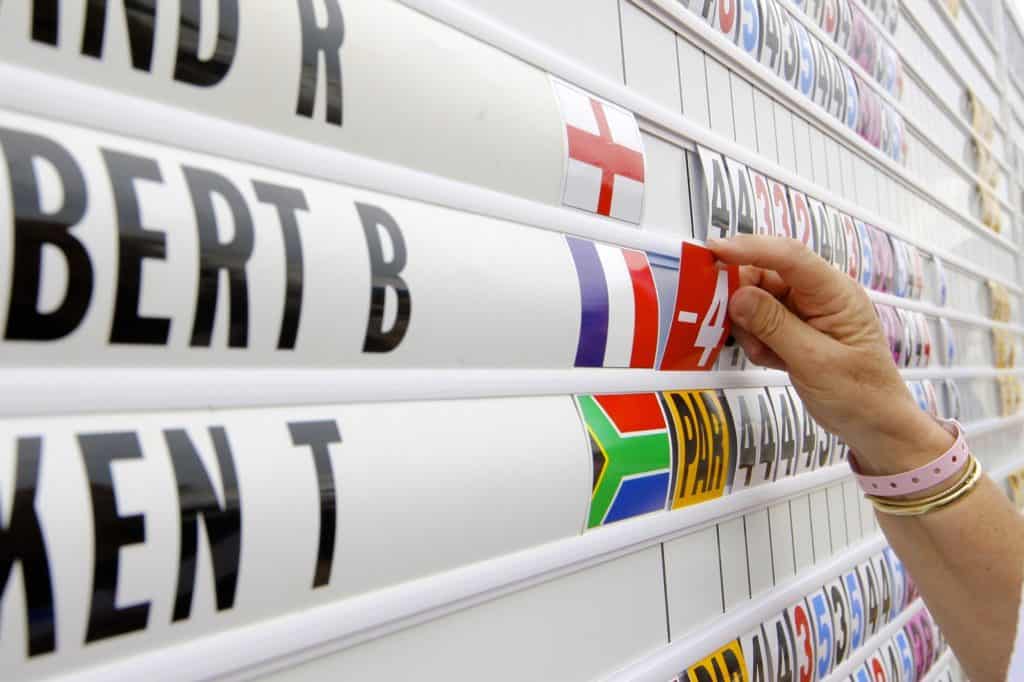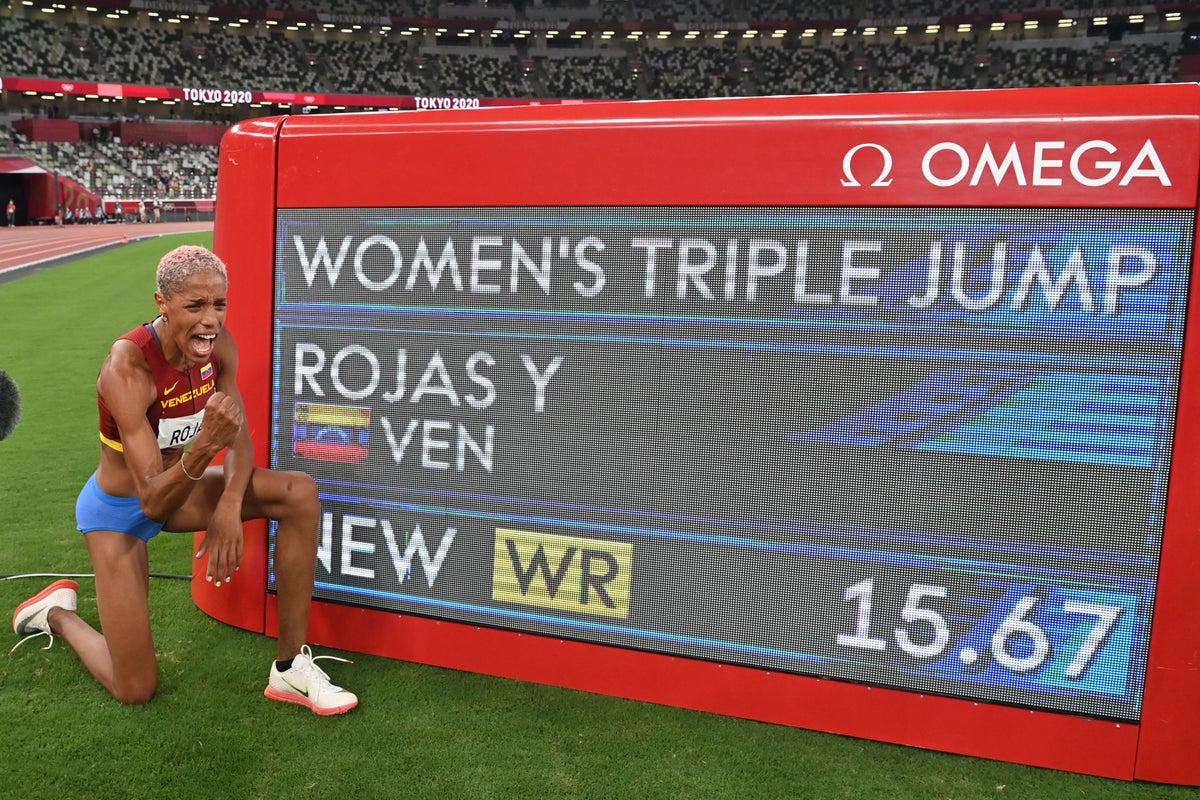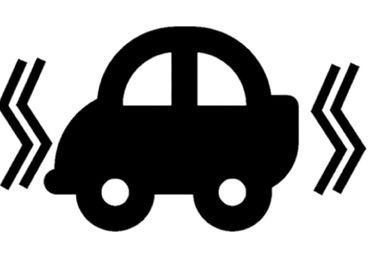What Does Dns Mean In Golf

Welcome to the captivating world of golf, where precision, strategy, and skill converge to create an exhilarating sport. As you delve deeper into the intricacies of golf, you may encounter various terms and abbreviations that add a unique flavor to the game. One such abbreviation that frequently surfaces in golf discussions is “DNS.” But what does “DNS” mean in golf? In this comprehensive guide, we will unravel the meaning and significance of “DNS” in the context of golf, shedding light on its implications and providing you with a deeper understanding of this intriguing element of the game.
Golf, with its rich history and diverse terminology, encompasses much more than swinging clubs and sinking putts. The use of abbreviations like “DNS” adds an additional layer of complexity to the sport. In the following sections, we will explore the definition of “DNS” in golf, its relationship to player participation, and the impact it has on tournaments and scoring. By the end of this guide, you will have a comprehensive grasp of the meaning and implications of “DNS” in the realm of golf.
So, whether you’re an avid golfer seeking to expand your knowledge or a curious enthusiast exploring the intricacies of the game, join us as we uncover the mysteries surrounding “DNS” in golf and delve into the world of tee times, fairways, and scorecards. Let’s embark on this golfing journey together and demystify the meaning of “DNS” in golf.

What is the Definition of “DNS” in Golf?
In the realm of golf, “DNS” stands for “Did Not Start.” It is an abbreviation used to denote a golfer’s non-participation in a particular tournament or round. While the anticipation of seeing a golfer tee off and showcase their skills adds excitement to the game, various circumstances can lead to a “DNS” designation.
Understanding the meaning and reasons behind a “DNS” is essential in comprehending the dynamics of golf tournaments and the impact of a golfer’s absence. In the following sections, we will explore the concept of “DNS” in golf, examine common situations where it may occur, and analyze its implications on both individual players and the tournament as a whole.
Understanding “DNS” as Did Not Start
In golf, a “DNS” notation signifies that a golfer registered for a tournament but did not commence play in the designated round. While golfers typically enter tournaments with the intention of participating fully, unforeseen circumstances or personal decisions can prevent them from starting the competition.
The occurrence of a “DNS” can stem from a variety of factors, including injury, illness, personal emergencies, scheduling conflicts, or strategic decisions made by the golfer or their team. It is important to recognize that a “DNS” is distinct from disqualification (DQ) or withdrawal (WD), which are used in different scenarios when a golfer is unable to complete a tournament or round after beginning play.
Reasons for Receiving a “DNS” in Golf
There are several common reasons why a golfer may receive a “DNS” designation in a golf tournament:
- Injury or Illness: A golfer may sustain an injury or fall ill, rendering them unable to start or continue play. In such cases, their health and well-being take precedence over their participation.
- Personal Circumstances: Unforeseen personal circumstances, such as family emergencies or other significant events, can impact a golfer’s ability to start a tournament as planned.
- Scheduling Conflicts: Occasionally, scheduling conflicts arise where a golfer is unable to participate due to overlapping commitments or logistical challenges.
While these are some of the common reasons for a “DNS,” it is crucial to remember that each situation is unique, and individual golfers may face distinct circumstances that prevent their participation.
Implications of “DNS” on Tournament Results
The “DNS” designation has implications not only for the golfer who is unable to start but also for the tournament as a whole. Some of the key implications include:
- Field Size and Competition: A “DNS” affects the overall field size, potentially altering the competitive landscape of the tournament. A smaller field may impact the intensity of competition and the depth of talent.
- Tee Times and Pairings: With a golfer not starting, adjustments may be necessary for tee times and pairings. Tournament organizers and officials must adapt to these changes to ensure a smooth progression of play.
- Scoring and Rankings: The absence of a golfer due to a “DNS” can impact scoring calculations and tournament rankings. Adjustments may be required to ensure fairness and accuracy in determining final results.
Understanding the implications of a “DNS” is essential for tournament organizers, officials, and participants to maintain fairness and integrity in the competition.
Handling “DNS” Situations in Golf Tournaments
When a golfer receives a “DNS” designation, certain protocols and procedures come into play to manage the situation effectively. These include:
- Documentation and Communication: It is important for the golfer to notify tournament officials as soon as possible about their inability to start the tournament. This allows for accurate documentation and timely communication of the “DNS” status to all relevant parties.
- Player Replacements: In team-based tournaments or events with designated alternates, a “DNS” may result in a replacement player taking the absentee’s spot. Clear guidelines and rules are established to ensure a smooth transition and continuity of play.
- Course Management: Tournament officials may need to make adjustments to the course setup, such as reassigning tee times and pairings, to accommodate the absence of a golfer due to a “DNS.”
- Player Support and Well-being: Supporting the golfer who receives a “DNS” is crucial, providing assistance, understanding, and ensuring their well-being. This includes medical attention if necessary or providing guidance on future participation.
Preventing and Managing “DNS” Situations
While some “DNS” situations are unavoidable due to unforeseen circumstances, there are measures that golfers can take to minimize the likelihood of receiving a “DNS” designation:
- Proper Preparation: Adequate preparation through physical training, practice, and conditioning can help reduce the risk of injuries and enhance overall fitness, reducing the chances of a “DNS” due to health-related issues.
- Communication and Commitment: Clear communication with tournament organizers and commitments to scheduled events are vital. If conflicts arise, early communication can allow for alternative arrangements or adjustments to avoid a “DNS.”
- Strategic Planning: Careful scheduling and strategic planning can help golfers avoid overlapping commitments and reduce the risk of scheduling conflicts that may lead to a “DNS.”
Golfers should prioritize their well-being, communicate effectively, and adhere to their commitments to minimize the impact of a “DNS” on themselves and the tournament.
Examples and Case Studies
Examining examples of notable “DNS” situations in golf can provide insights into the challenges faced by professional golfers and the decisions they make. Some instances include:
- In a major championship, a top-ranked golfer may withdraw due to an injury sustained during a previous tournament, resulting in a “DNS” in the subsequent event.
- A golfer may decide to skip a tournament due to personal reasons, such as the birth of a child or a family obligation, resulting in a “DNS” for that particular event.
These examples highlight the complexities and various circumstances that can lead to a “DNS” in golf and the impact it can have on the players, the tournament, and the overall golfing community.
Conclusion
Understanding the meaning and implications of “DNS” in golf is essential for both participants and enthusiasts of the sport. Whether due to injury, personal circumstances, or scheduling conflicts, a “DNS” designation represents a golfer’s inability to start a tournament as planned.
By comprehending the reasons behind “DNS” situations, handling them effectively, and taking proactive measures to prevent them, golfers can navigate the challenges of the sport more effectively and maintain the integrity of the tournaments they participate in.
Remember, golf is a dynamic and ever-evolving game, and circumstances may arise that prevent a golfer from starting a tournament. By embracing flexibility, communication, and proper planning, golfers can strive for a successful and fulfilling golfing experience, while tournament organizers can ensure the smooth progression of events, maintaining the spirit of fair competition and sportsmanship.






